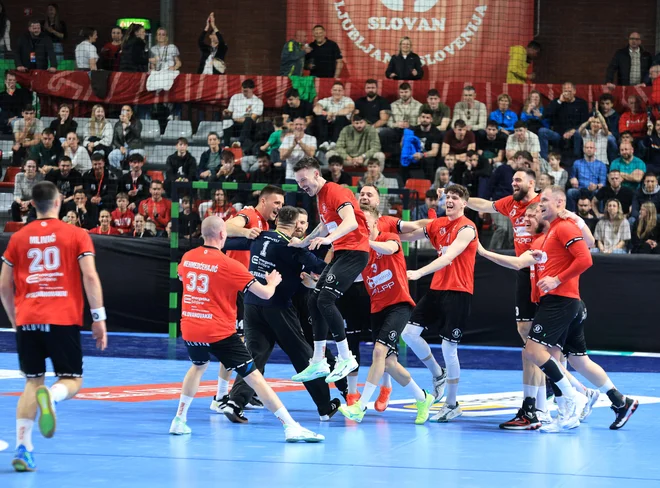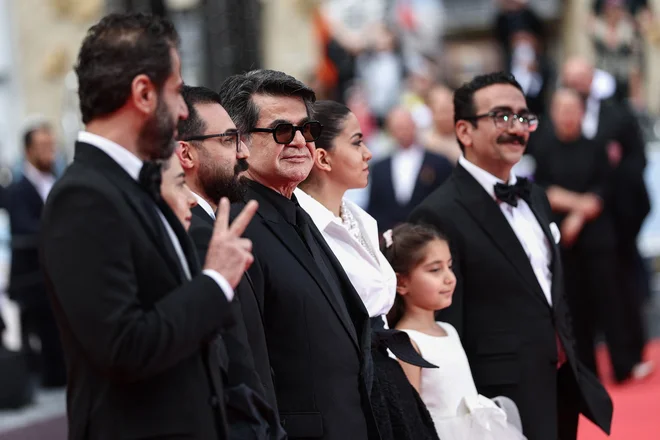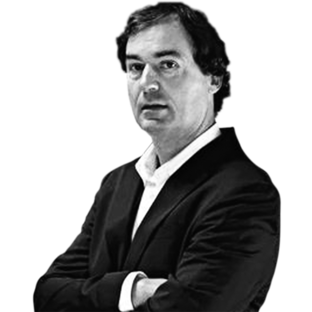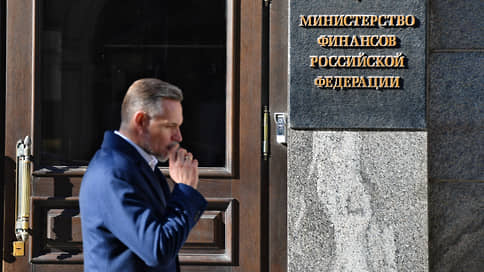There are no genocide commemorations in Prijedor, but there is a monument to the Serbian heroes
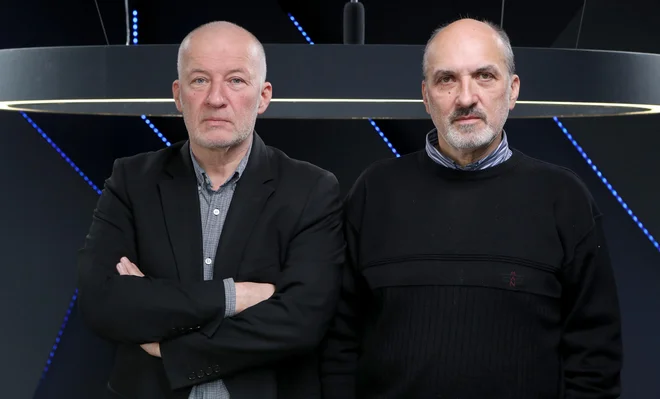
In the studio of podcast From Wednesday to Wednesday is the commentators Ali Žerdin and John Markeš joined by a journalist this time Anja Intihar. Markeš and Intihar returned from their study trip to Bosnia and Herzegovina, organized by the Muslim Cultural Center led Ele Porić. The path led them from Prijedora to Srebrenica, places of unspeakable sufferingwhere they faced the horrors of the past, the complexity of the present and the question of whether the world from these tragedies has learned anything.
The beginning of horror and the overgrown camps
“Basically, it all started there, three years before Srebrenica. In 1992, « Intihar told Prijedor. She described a place where sad stories are still smearing today and where there were infamous concentration camps such as Omar and Trnopolje. The world was shaken at the time by shots from these camps, including an image Fiket Alic. But what about these places today? « They are outgrown, » Intihar replied. “There is no sign there, how many people were closed there, how many died, how many women were raped in Omar. You come there and everything is grown with grass, abandoned.
Markesh added that, unlike Srebrenica, Prijedor has no status of genocide, although there is a « genocid intention » and 3200 corpses were found there. In his opinion, this legal qualification hurts the inhabitants of Prijedora. Visits and talks with survivors greatly marked him: « After what I saw and for the people I talked to, I probably can’t be the same man again. »
« We don’t hate, we just want the truth »
Despite the unimaginable pain and loss – one of the interlocutors lost 72 members of the family – Marques did not surprise hatred with the witnesses, but something else. “These are eyes that are dead and alive at the same time. These are the eyes through which you see directly into the soul, « he described the interlocutors. Asked if they hate the perpetrators, « they consistently answered that they do not hate anyone. All they want is that the truth comes to the day and that what happened is not denied. « Their mission is to testify, » so that they would not finally die, that they will live at least in our memory and in the consciousness of humanity. «
This desire for truth, however, makes it difficult to give a widespread denial. Intihar illustrated with the case of systematic rapes in Omar, a camp, which, according to an international lawyer, who mentioned « set up with the purpose of only and only raped by women who are supposed to become pregnant and are so cleared. » Even worse, « many criminals still did not reach the right hand, » she added.
The victims thus encounter their torturers on the streets. « A lady, for example, walks down the street, and her rapist goes past her a few years ago, » Intihar described shockingly.
Echoes in Gaza: When the world is silent again
The conversation could not be bypassed by current events. The victims of the Bosnian genocide were emphasized by both guests, with great attention and pain accompanying the events in Gaza. « I think awareness is greater than in our country, because they have actually experienced it, » Intihar said. “Everyone we talked to was claimed that the international community was silent at the time, that the world had forgotten about them at the time. The same as the world now forgets about gauze. «
Markesh confirmed this, saying that the analogy with gauze is « still and still present on the mouth of the interlocutors. He recalled 40,000 people in Srebrenica, who was provided with the protected area of the United Nations, were issued. He emphasized the role of the Islamic community, which strives for peace and truth, not for hatred, because, as Mufti said, « their faith talks about peace, it does not speak of hatred. » Why? Because then the sin of the perpetrator comes to you. «
Markesh also shared the story of a survivor who was shot four times at the mass grave and remained silent for twenty years before deciding to speak and testify in the Hague. « When you talk to him, actually the first thing you notice when you look him in the eye, it is that there is no hatred in it, » Markeš emphasized, adding that this man is taking sleeping pills every night.
Call to truth and future of memory
In the end, Markeš expressed concern over the re -rise of nationalism and hatred among young people in the Republic of Srbska, where history is taught through various, national -colored curriculums. « The Serbian population is learning about the heroic struggle of the Serbian army, does not mention genocide, » he said, stressing that the only solution is « a unified curriculum to take into account what is, that is, convictions and evidence, which was essentially verified by the Hague court. »
Žerdin concludes with the promise that they will continue to devote themselves to this topic in the future, as it is a commitment that « we will not discourage ourselves from what happened in the past and what is happening in modern times. » They have become a reminder of the fragility of peace and the « essence and essence of our civilization, which is dying in Gaza at the moment, » as Marquer concluded shockingly.


